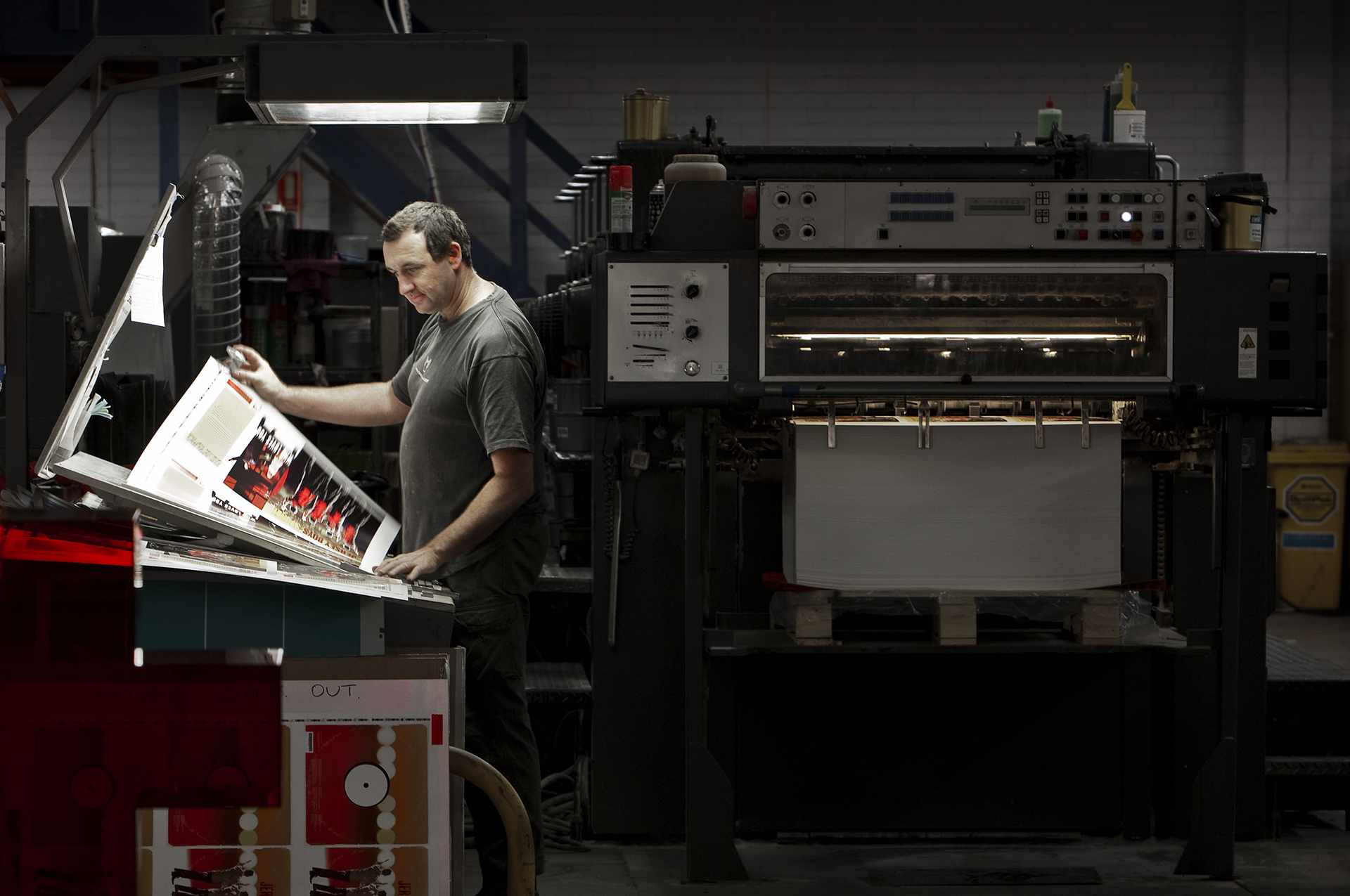Recent news about print and publishing included the (not so) news that print volumes are declining, Newspapers are vanishing, magazines are getting thinner or disappear, advertising revenues are suffering in a recession and are shifting online (and could you blame them? Measurable returns, pay for results, easier, cheaper and quicker production).
The future of paper books is not looking any more promising as E-Readers gain momentum and are fast becoming mainstream gadgets and then tools, even Opra’s Life has been changed by an ebook reader?
Books are not read anymore anyway, says Steve Jobs in a NYT interview,
“It doesn’t matter how good or bad the product is, the fact is that people don’t read anymore. Forty percent of the people in the U.S. read one book or less last year. The whole conception is flawed at the top because people don’t read anymore.”
Espresso book machines are installed in bookshops to print books on demand and printers argue that they won’t replace whole digital print departments. Yet.
E-paper and e-ink are driving a whole range of applications, the Esquire cover was only a first stab, showing that the technology is mainstream ready.
Digital Natives are the ones to watch, because they grow up (not) using print without a long education through which print was so dominant, will they treat print as a niche product, a luxury item, books and magazines as not useful but pretty?
It’s obvious: Print is suffering, if not dead already. Other – formerly known as new – media have proven themselves and print is just not a preferred medium of communication any more. The US elections showed the niche use of print, the elections were won online, but everybody wanted a copy of the newspaper front page with the historic election result, several papers reprinted that edition.
Further volumes of offset print will change to print on demand, for manuals, books and even magazines. Returns and obsolescense are expensive, environmentally unsound and not sustainable in the longer run.
Print is not for fast, efficient information distribution, it cannot compete with online on efficiencies and soon the people at the receiving end will be satisfied with online as opposed to print, if not happier, because it makes it so much easier for them to re-purpose.
Print is good for archival of special information. Coffee tables need books. However, if you think how many photos will often be viewed but never printed.
If you’re in print, now should be the time to re-think. Print will obviously not vanish that quickly – think CD manufacturers – but it willl change. It is important to question your perception of print’s relevance, always remembering that younger people may not inherit that attachment to printed newspapers and books that you may have.
So learning from the famous Canadian philosopher Wayne Gretzky, we’re thinking not where it is, but rather where the book will be.
